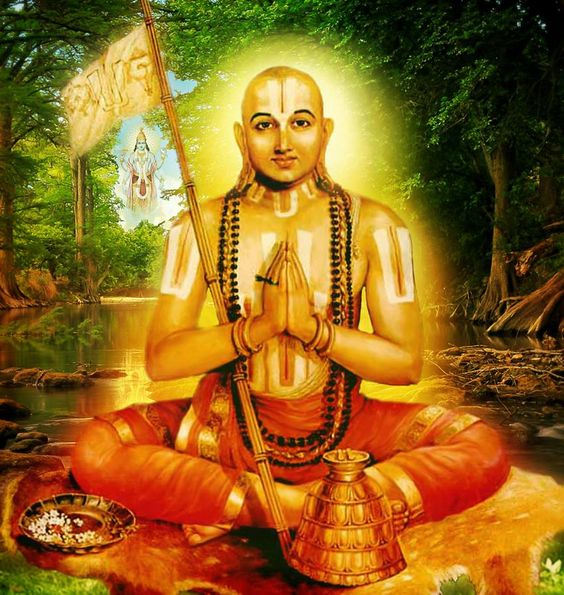- February 25, 2021Identify and read Srila Prabhupada's Pre-1978 First Edition Original Books only Hare Krsna, all glories to His Divine Grace A.C.…
- February 22, 2021Madhya 9.108--Śrī Caitanya Mahāprabhu remained at the house of Veṅkaṭa Bhaṭṭa and constantly talked with him about Lord Kṛṣṇa. In…
- February 21, 2021If you have grains, then you are rich—SP June 19 1973 mayapura So by Kṛṣṇa's grace if we actually become…

Under the guidance, inspiration and authority of
His Divine Grace A.C. Bhaktivedanta Swami Prabhupada
Founder-Acharya of the Krishna Consciousness Movement
Srila Prabhupada: “I wish that each and every branch shall keep their separate identity and cooperate keeping the acharya in the center. On this principle we can open any number of branches all over the world. (Letter, February 11, 1967)






